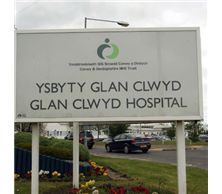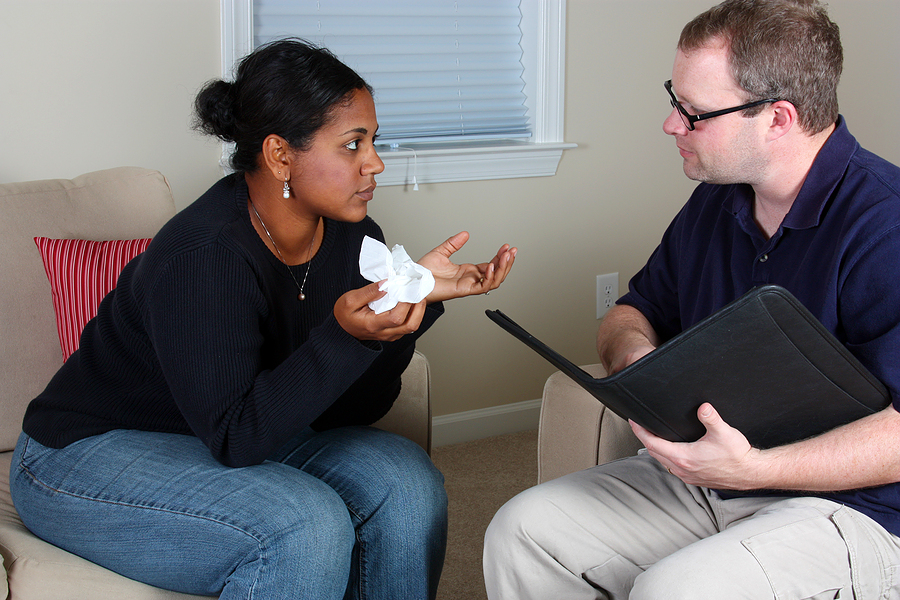
Treatment
Since the Knowledge and Understanding Framework (KUF) has been introduced, training for staff dealing with personality disorders has greatly improved. However, while personality disorder treatment is improving services still vary a great deal across the country.
 While here we can give you an overview to treatment for personality disorders, each specific disorder will find different treatment options.
While here we can give you an overview to treatment for personality disorders, each specific disorder will find different treatment options.
Barriers to getting the right treatment include getting the correct diagnosis - this can be very tricky and can take a long time. This is why we advocate always getting a second opinion; something many people feel it is there right to do when faced with a physical health complaint, but rarely do when faced with mental ill health. Another barrier to the right treatment is stigma. Unfortunately we get many reports of personality disorder treatment still being under parr due in part to the stigmatising of the condition, even within the medical profession.
Personality disorders are often seen as difficult to treat because patients can present deep rooted thoughts and behaviours which are unusual or difficult and many sufferers take a few attempts at change before finding a treatment plan right for them. But it is important to remember if you want help to change it is your right to that help.
Personality disorder treatment may include:
- Individual therapy - such as counselling, psychotherapy, CBT or DBT
- Group therapy - group therapy in the community
- Therapeutic community - this is when a group of people live within a safe 'community' environment. This has been proven useful in reengaging the social aspects of community life in patients with PD
-
Medication:
- If paranoia, hallucinations or delusions are present antipsychotic medication can be used to treat these symptoms.
- Mood stabilisers such as lithium may be used to treat aggression or compulsiveness.
- Antidepressants may also be an option depending on your disorder.
DBT
Dialectical Behavioural Therapy (DBT) has been proven very affective in treating borderline personality disorder as well as helping with self-harming and suicidal behaviour. DBT is available in some parts of the country, your local GP should have details of what is available for you locally.
Please note that all personality disorders present their own symptoms and will require different treatment. Your healthcare provider will be able to assess your individual symptoms and advise accordingly.
Art therapy
Creative arts such as writing, drama or painting can be a really great way of expressing negative emotions and reordering and reevaluating the way we express ourselves, it is also a way of getting involved in a social group. This type of art therapy has been found helpful in treating some personality disorders.
Comorbidity
It is not uncommon for a person with a personality disorder to also struggle with another condition also. Anxiety and depressive conditions are quite common among PD sufferers. Many people with a PD struggle with addiction, self harm and other compulsive behaviours.
Symptoms of other disorders can be troublesome in getting to the right diagnosis, but once your conditions are revealed you can start being treated appropriately. It might very well be that you require treatment for these in addition to the therapy you receive for PD.
Find a therapist
Personality disorder therapists
Please see our guides below for further information and resources.




























